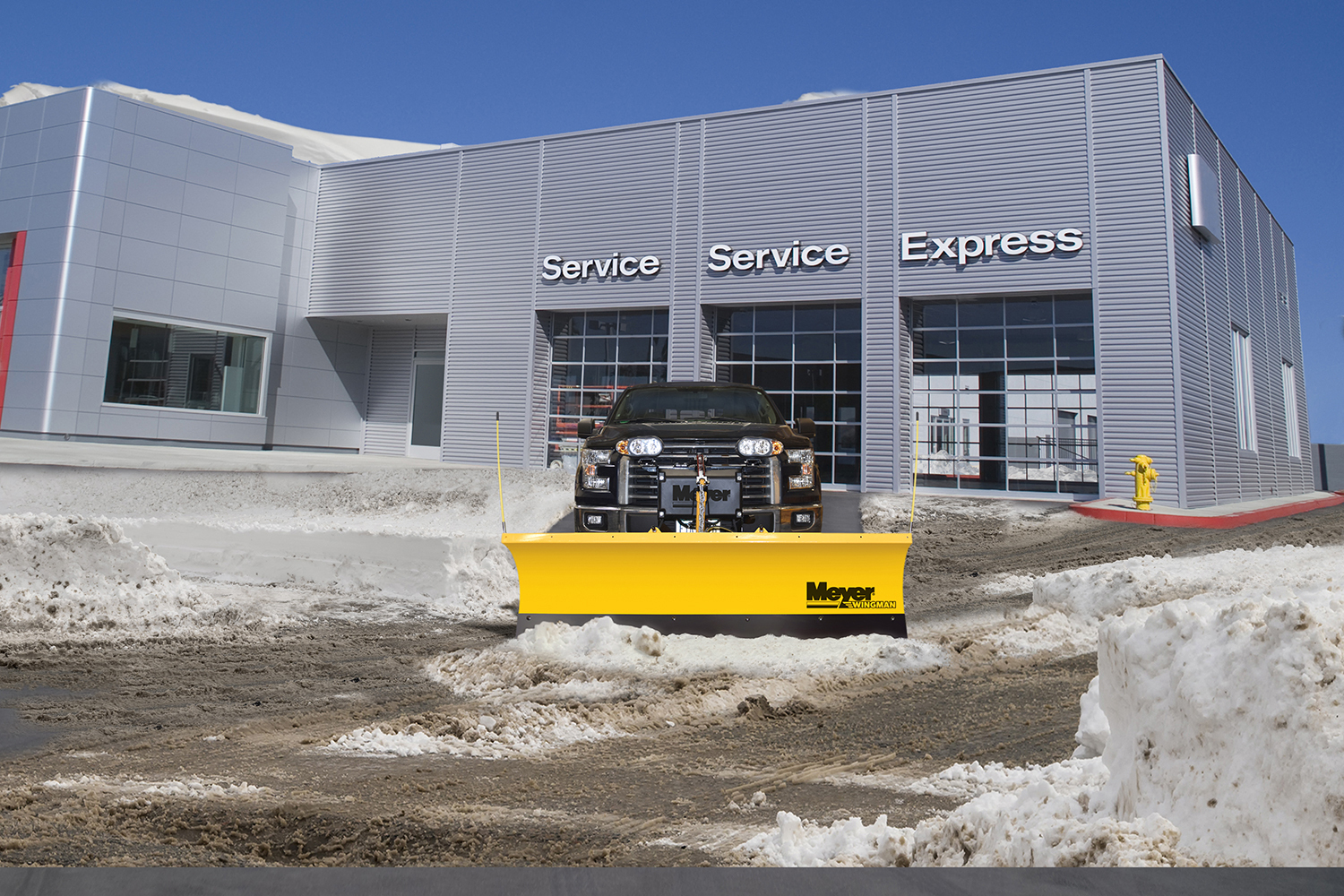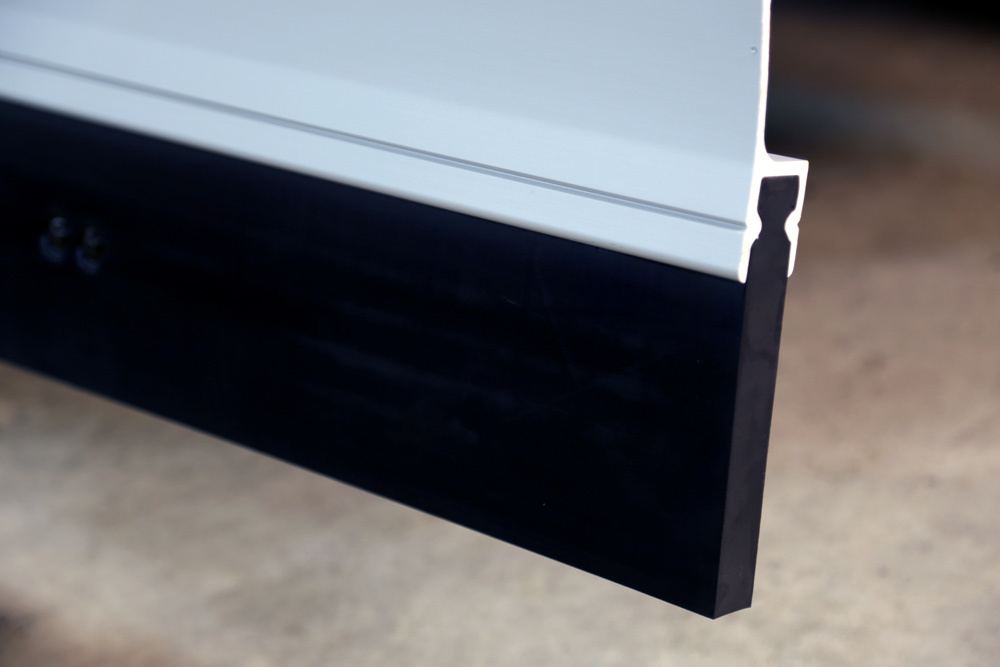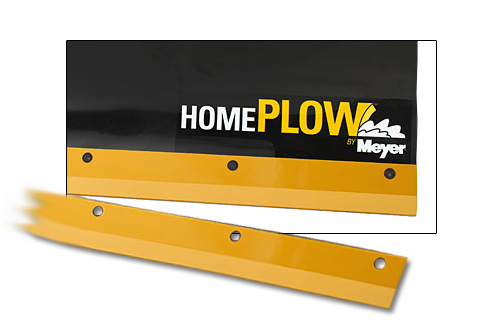
Which Snow Plow Cutting Edge is Right for Plowing? Rubber vs. Steel
Quick Navigation:
When you start shopping for a snow plow, you’ll soon realize there are a lot of great debates on every detail you can think of. You’ve been tasked to consider whether you want your blade to be forged from sturdy steel, lightweight aluminum, or resilient polyurethane. You’ve had to weigh the pros and cons of a direct hydraulic system vs. a chain lift system. And now, it’s time to consider materials for your cutting edge.
This is the part of your plow that will actually be slicing into fresh snow – and the different available materials do make a difference. In this article, we’ll touch on the most popular questions we get from our customers as we lay out the differences between the most popular two cutting edges – Steel and Rubber.
The Benefits of Steel

Steel is by far the most popular material for a cutting edge. Just take a quick glance at our top selling plows like the SnowBear, Firstrax, and Meyer Home Plows and you’ll see they all have one thing in common: steel cutting edges.
This steel blade provides the best cutting ability, hands down. This uncompromising scrape will not only clear snow, but break up ice and leave you with a clear surface that won’t even need much. And while a steel cutting edge will wear down eventually, it will typically last longer than anything else on the market.
Sounds great right? Well, not always.
The Downsides of Steel
A steel cutting edge is not ideal for plowing over nice cement or decorative paved areas. It may leave some scratches behind, and come spring time these scratches may turn orange from rust and oxidation. You’ve probably seen it before somewhere. Parking ramps can take a particularly cruel beating from a Ford F250 with a Steel cutting edge. In fact, many professional contracts will insist you never use a steel edge on the premises.
Another consideration of steel is the noise. A plow outfitted with a steel cutting edge is definitely going to wake up the neighbors. This may not be such a big concern if you’re just taking the Wrangler out to plow your driveway at eight in the morning or to clear a business parking lot late at night. But if you need to plow at, say, an apartment complex at three or four in the morning, you’re liable to have some cranky tenants on your hands.
The Benefits of Rubber

Rubber on the other hand, is nice and quiet. Rubber is seen as the alternative to steel in plow edges and its noise levels are much more manageable. If you plan on plowing residential areas late at night, rubber is essential. Rubber is quite a bit cheaper than steel as well - so if price is a factor, rubber is your friend. You’ll often see it on more economically designed plow set-ups like the SnowSport HD.
Rubber also won’t damage the surfaces you plow, an absolute must for fancy granite slab or decorative driveways. The pliable material will just fold back if it encounters something immovable. Imagine a manhole cover that sits a half inch above the road. Driving over that with a steel blade could bring your Honda Ridgeline to an abrupt stop – or worse, cause serious damage to the street. But with a rubber blade, you might not even notice it.
The Downsides of Rubber
A rubber edge just doesn’t scrape as well. That’s the simple fact about it. When you leave the plow site, you will likely be leaving behind ice and a thin layer of packed snow. This might be below your client’s expectations and it could even be a liability. You’ll definitely want to spread some salt before you call it a day.
The other issue is the wear and tear. This is tough rubber, like you might see in a conveyor belt, and it’s thick too! But still, after dragging this across enough asphalt it’s bound to wear down. You may eventually need a replacement edge – but again, this material is typically priced so low it won’t break the bank.

Wrap-Up
So to put it simply, steel clears snow the best and is durable, but it’s loud and sometimes a little too strong. Rubber is more affordable, quieter, and gentler, but it won’t yield the same results. Still can’t decide? Give us a call at 855-386-6896 and one of our snow plow experts would be glad to field some more questions! Also, be sure to check out our list of the best snow plows of 2018 to get a good sense of what's available.
